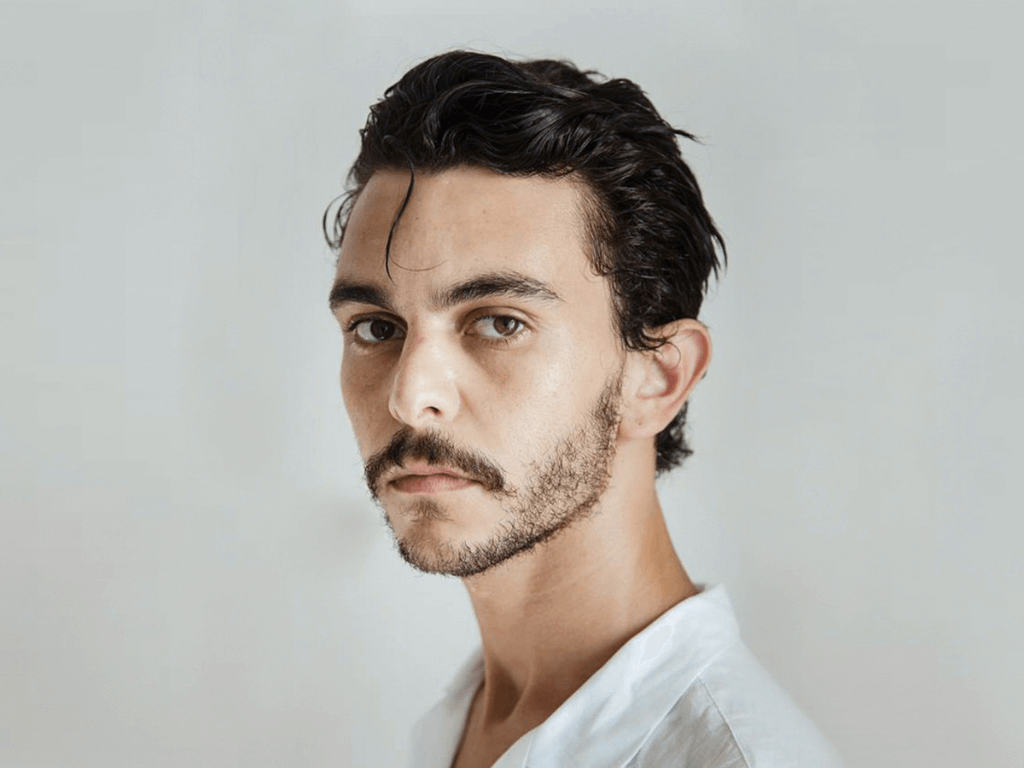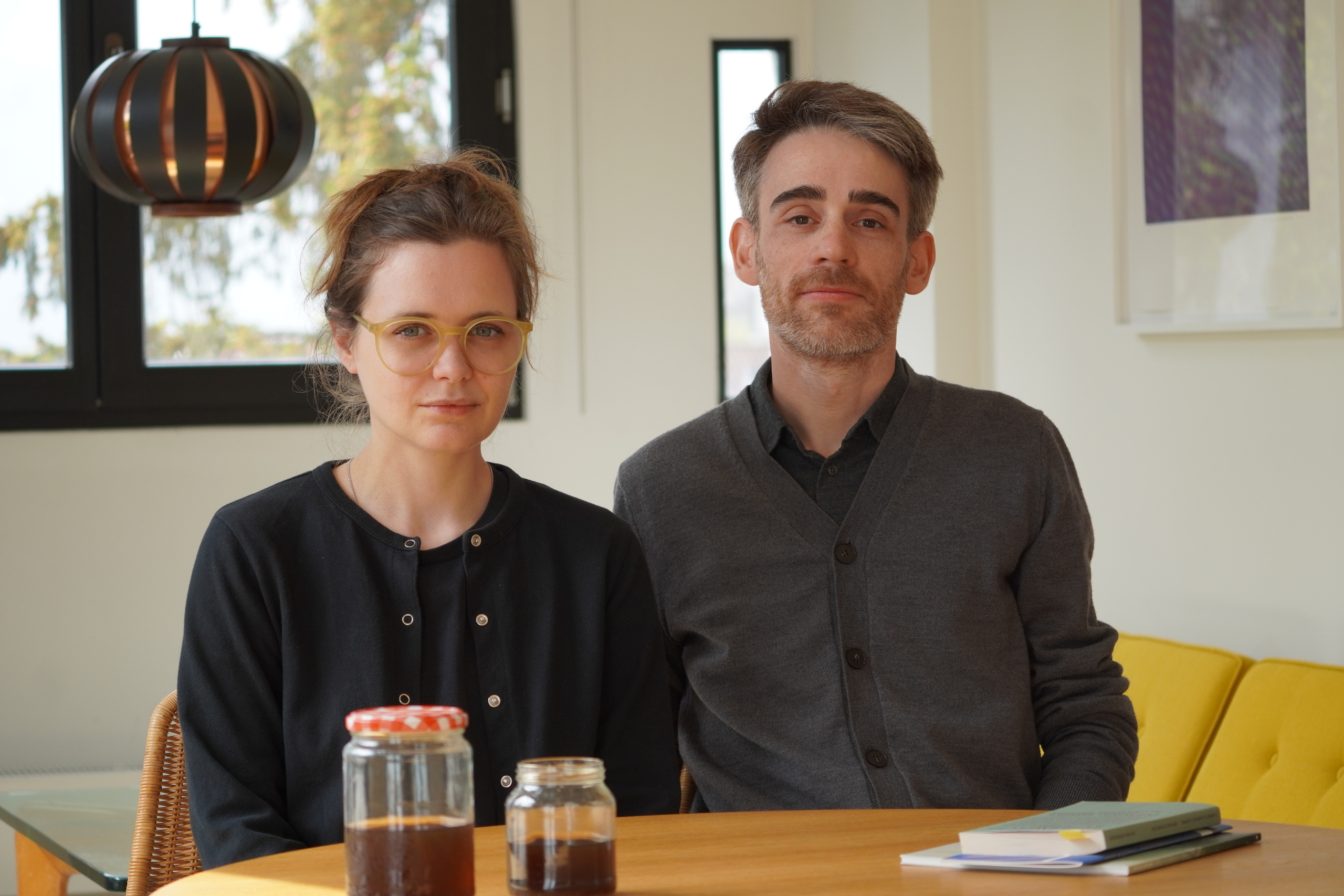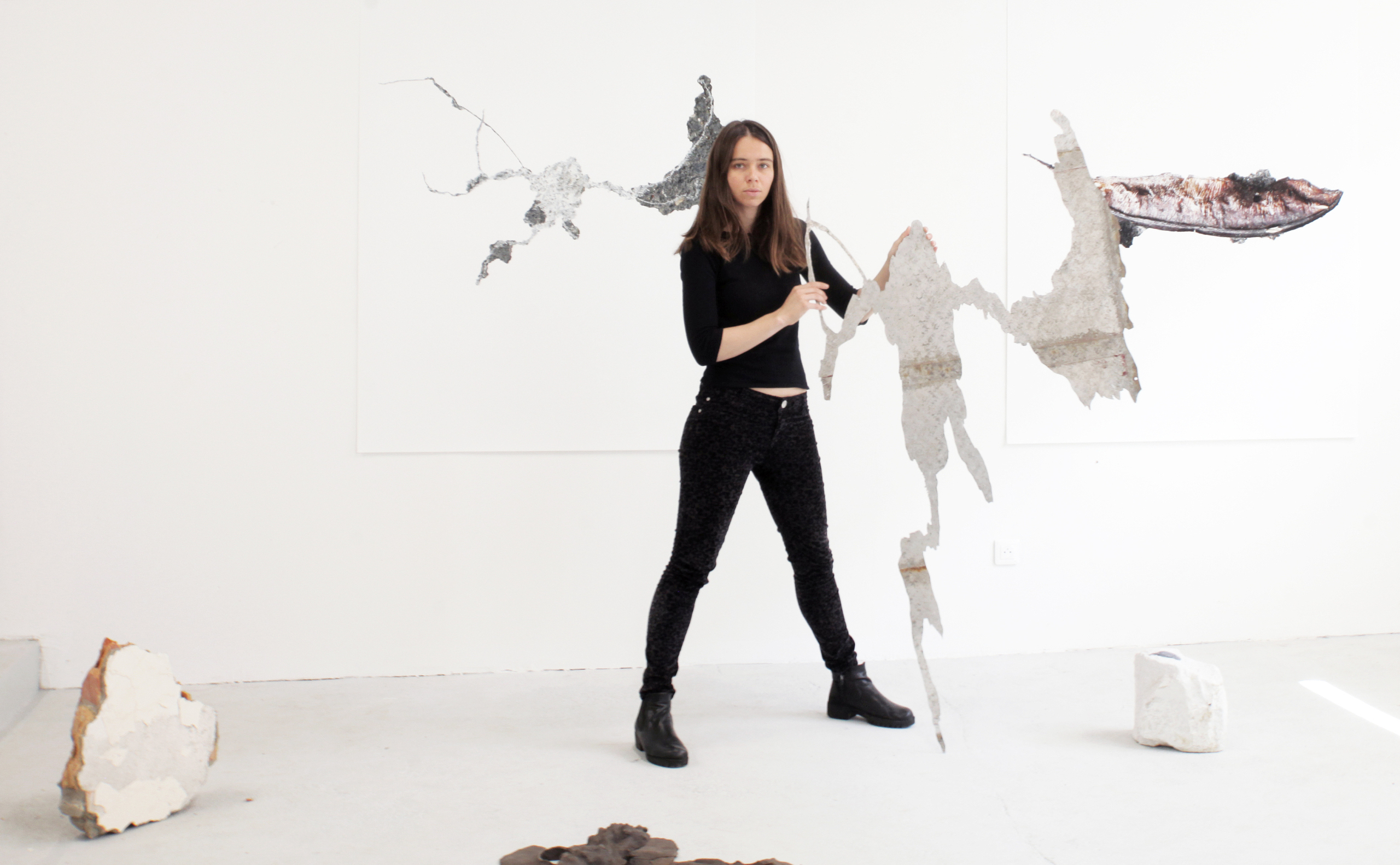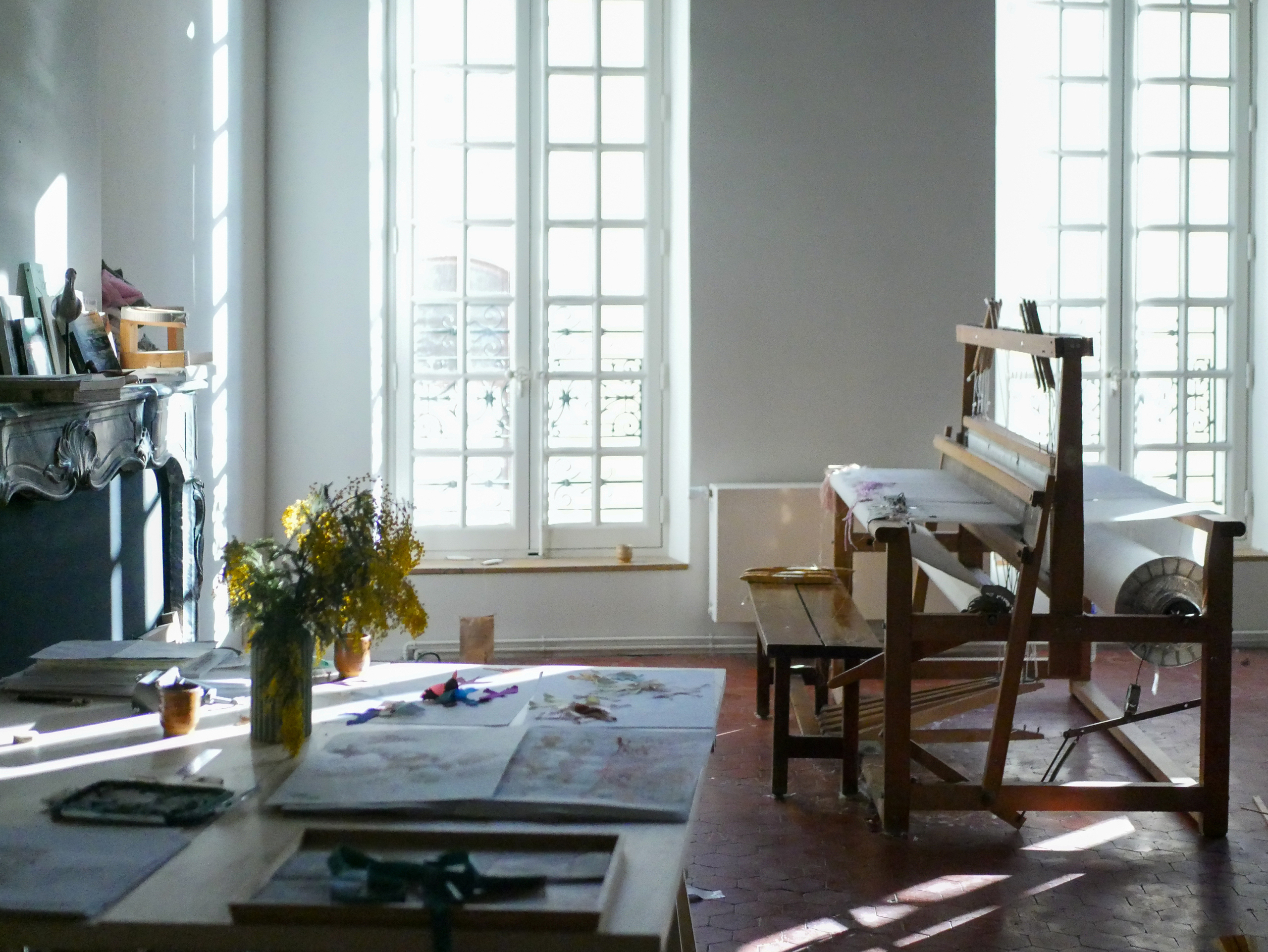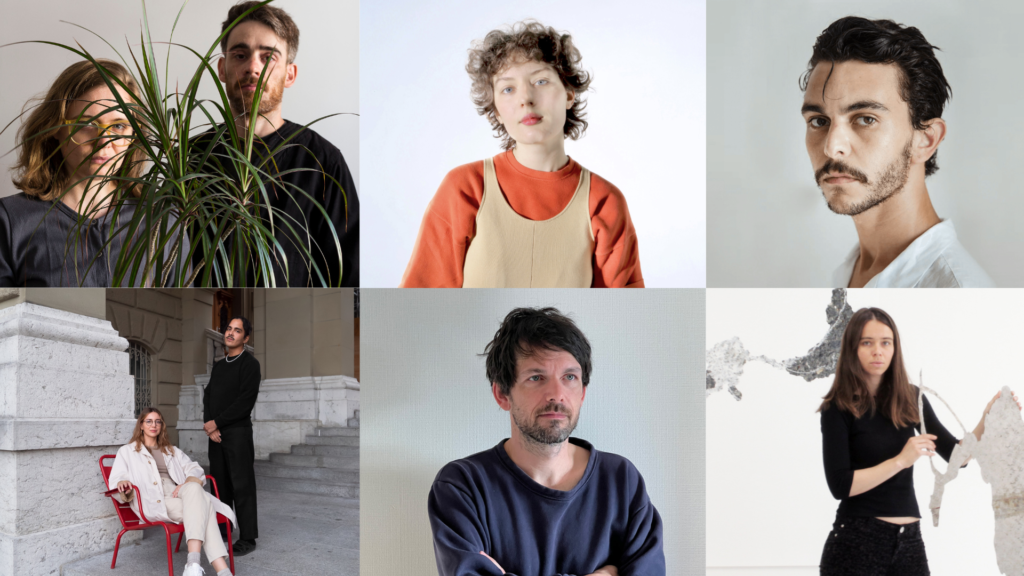
2024 research residencies at the Fondation Thalie
Ecological imaginaries
Jasmine Baume et Byron Gago, Younes Ben Slimane, Simon Boudvin, Victoire Gonzalvez, Marie Ouazzani & Nicolas Carrier, Anna Tomaszewski
In a recent interview, Isabelle Stengers said that there is an essential difference between thinking about ecology and thinking ecologically; in the former, we think about the world at a distance, by removing ourselves from it, and in the latter, we think together, from within, together with those who surround us. For a philosopher, ecological intelligence is necessarily a collective intelligence. It forms within an ecosystem to engage in action. It is a form of interaction between actors at work, across milieus and disciplines, between those who study and their subjects, in an active, open relationship between humans and non-humans.
The 2024 programme of residencies at the Fondation Thalie was conceived according to an analogous perspective. The six individual and collective participants were selected for the way in which their work reflects the capacities of contemporary artistic practices to offer a new and different perspective on ecological issues, sustainable, circular actions, and regenerative practices. Their approaches, situated within the worlds of creation in the broadest sense, combine various disciplines within their projects and working methods. In this specific instance, these disciplines outline a web that ties the visual arts to environmental law, and design to botany by way of cinema, cooking, and writing. The participants in the 2024 residency programme all had one thing in common: they all situated their projects in Brussels or its immediate surroundings. In this space, within which they were able to develop their research, they were able to work on a specific ecological situation. And once they had identified the actors of their inquiries, they could begin the cooperation they needed to produce the ecological imaginaries in question.
It is likely in this active dimension of research that their ecological character resides. They generally needed few technical resources, which they themselves often recycled and transformed. They mainly required space, some time, and people. The research had begun before Brussels and also developed alongside it in other settings. And they continue today, even in other forms. Very differently from an exhibition, which often condenses thinking in a space, a finite object, and a set timeframe – and which is then sometimes moved, shown anew, and replayed in another institution – a residency generates life, an unknown, a process – and connections. This is where the 2024 residencies at the Fondation Thalie again crossed paths with Isabelle Stengers' definition of ecology: the relationships that formed during this year, the cooperations with the spaces, a spirit, people, things, knowledge, living things were all embodied and intensified for a moment in Brussels, and they will probably now continue to develop in other settings. And tomorrow, they will extend further as they come into contact with other milieus. Even past what we are able to imagine at this point. I believe that a successful residency must grant itself this freedom.
Yann Chateigné Tytelman
Speakers
Yann Chateigné Tytelman is an author and curator living in Brussels. He has been artistic advisor and researcher in residence at MORPHO, Antwerp; curator at Kanal – Centre Pompidou, Brussels (2019-2021); head of the Visual Arts Department at HEAD – Geneva (2009-2017) and of programming at CAPC Musée d’art contemporain de Bordeaux (2007-2009). He recently (co-)organised the exhibitions and projects “Four Sisters” (Jewish Museum of Belgium, Brussels, 2023), “A Glittering Ruin Sucked Upwards” (HISK, Brussels, 2022), “How to be Organic?” (Country SALTS, Bennwil, 2022), “It Never Ends” (Kanal, Brussels, 2020-2021) and “Gordon Matta-Clark: Material Thinking” (Canadian Centre for Architecture, Montreal and Museum der Moderne, Salzburg, 2019-2021). As an author, he has contributed to Conceptual Fine Arts, Mousse and Spike, among others, and co-edited “Almanach Ecart. A collective archive, 1969-2019“(HEAD – Geneva/art&fiction, 2019). He has just published “Blackout”, a book produced at the invitation of the Centre d’Édition Contemporaine de Genève (2023) and available from Presses du réel.

